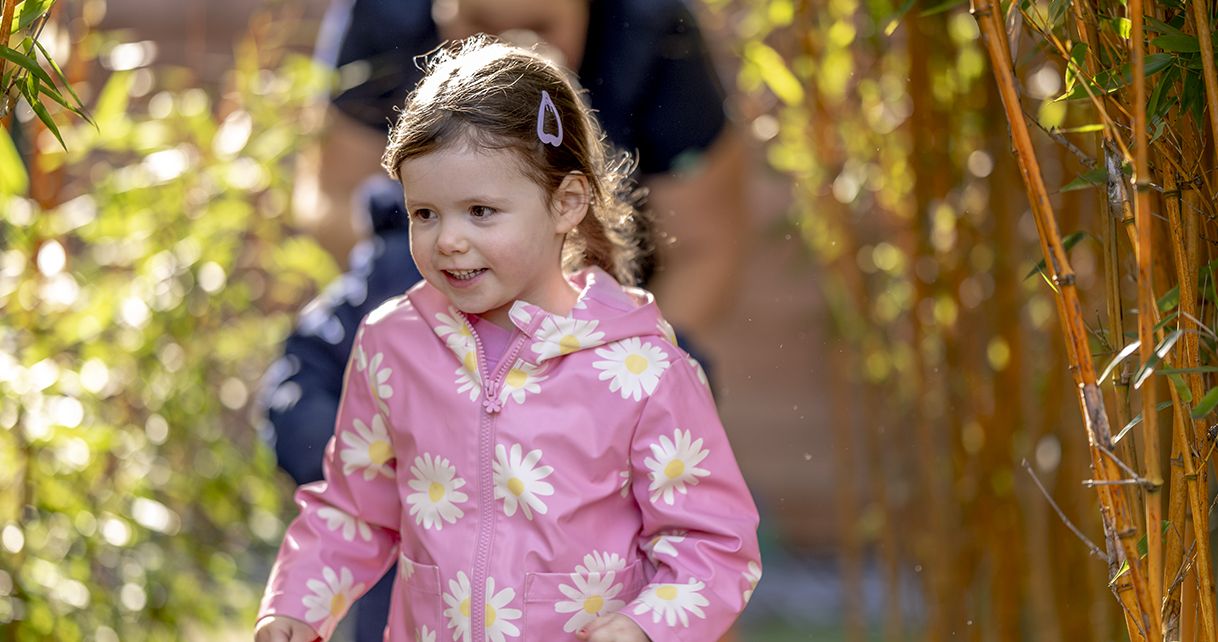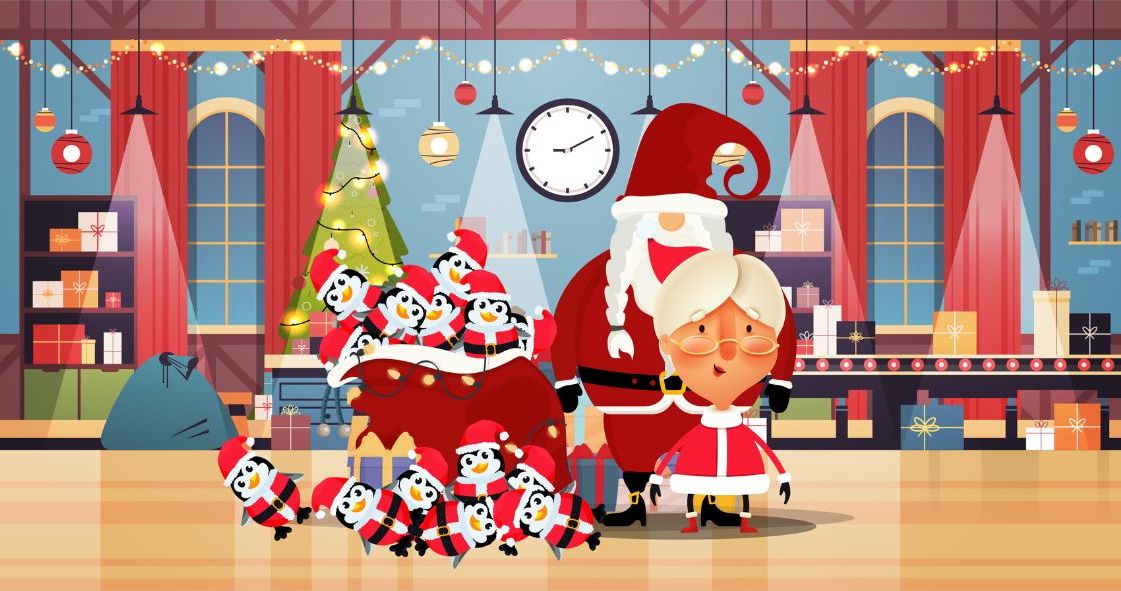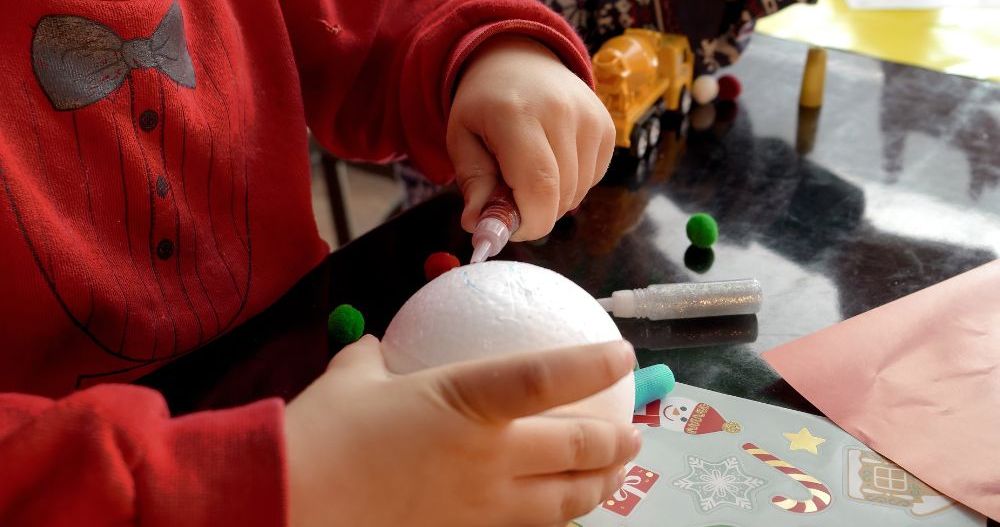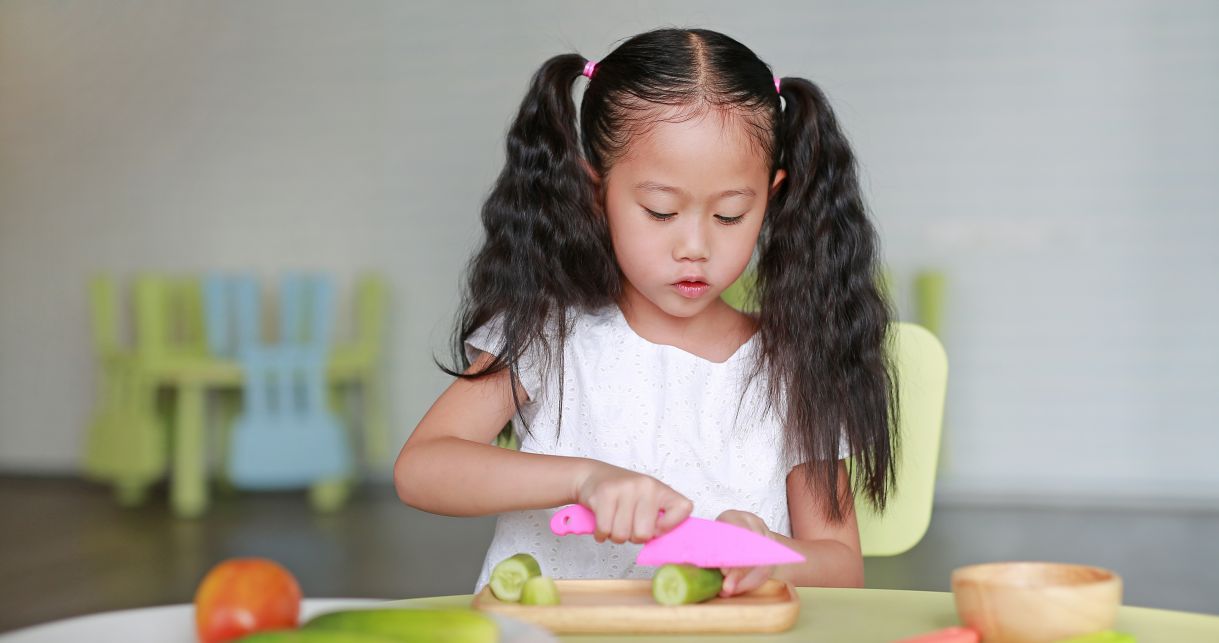min read
min read
min read
min read
At Busy Bees, we believe that children are learning all the time when they’re playing, and any time a parent spends playing with their child is beneficial to their learning.
We recently conducted research to highlight that different kinds of play can help promote different aspects of a child’s development, while encouraging parents to ensure their children get the benefit of a wide range of play activities.
Jenny Shaw, Academic Lead at Busy Bees, shares her thoughts on the findings: “Every parent is different – so it’s natural they will have a preference for one kind of play or another. Some thrive off being expressive or letting their little ones burn off excess energy playing outside, whereas others favour quieter activities such as reading and building blocks.”
Our research revealed that more than half (51%) of parents admit to feeling ‘silly’ or ‘embarrassed’ when doing imaginative play such as dress up or role play.
The survey also found that trips to the park are popular, with over a third (37 per cent) of parents taking their little ones to a playground or engaging in other physical play several times a week.
We’ve partnered with Ola and James Jordan – ex Strictly professionals and parents to two-year-old Ella – to help make parents aware of the 'play gap' and inspire them to try out different types of play with their children.
Commenting on the campaign, Ola Jordan, said: “It’s no surprise that parents are favouring certain types of play over others. When it comes to playing with our daughter Ella, my husband James is really imaginative but prefers not to have to clean up afterwards, whereas I’m all about getting out the glitter and sequins!
“Now we know how valuable it is for her to experience different kinds of play, we’ll definitely be broadening how we play with her, potentially taking a leaf or two out of each other’s books when it comes to playtime.”
Three in 10 parents say they have little understanding of how different kinds of play could help with their child’s development.
When it comes to imaginative role play games, 52 per cent of parents agree that this type of play has a direct impact on their overall learning.
And when quizzed on creative play such as painting and crafts, 55 per cent are aware this influences their development in a positive way.
Jenny added: “By highlighting these preferences – and allowing parents to recognise their particular play style – we hope to inspire them to try new activities outside their comfort zone which could bring about different types of learning and which both they and their child will enjoy.
“Whether it’s learning to take turns in a board game, exploring your emotions in role play or expressing yourself with paints and crayons, play is so much more than fun! Through play, our children are learning skills and abilities that will set them up for life.
“Playing with your child doesn’t require a lot of time or expensive resources. There are tons of immersive things you can do with simple objects from around the home, with many fun and developmental activities needing no resources at all.
“The most important thing is to have fun with your child and build a connection with them as they grow through various types of play. They will learn so much from simply enjoying their time with you and playing.”
We’ve created a parenting quiz find out what type of ‘player’ you are, along with recommended activities for switching this up next playtime. Take our quiz here.
by
Published: 26/09/2022
Share Blog

by Busy Bees 26/01/2026
10 min read

by Busy Bees 01/12/2025
5 min read

by Busy Bees 01/12/2025
5 min read

by Busy Bees 27/11/2025
6 min read

by Busy Bees 25/11/2025
7 min read